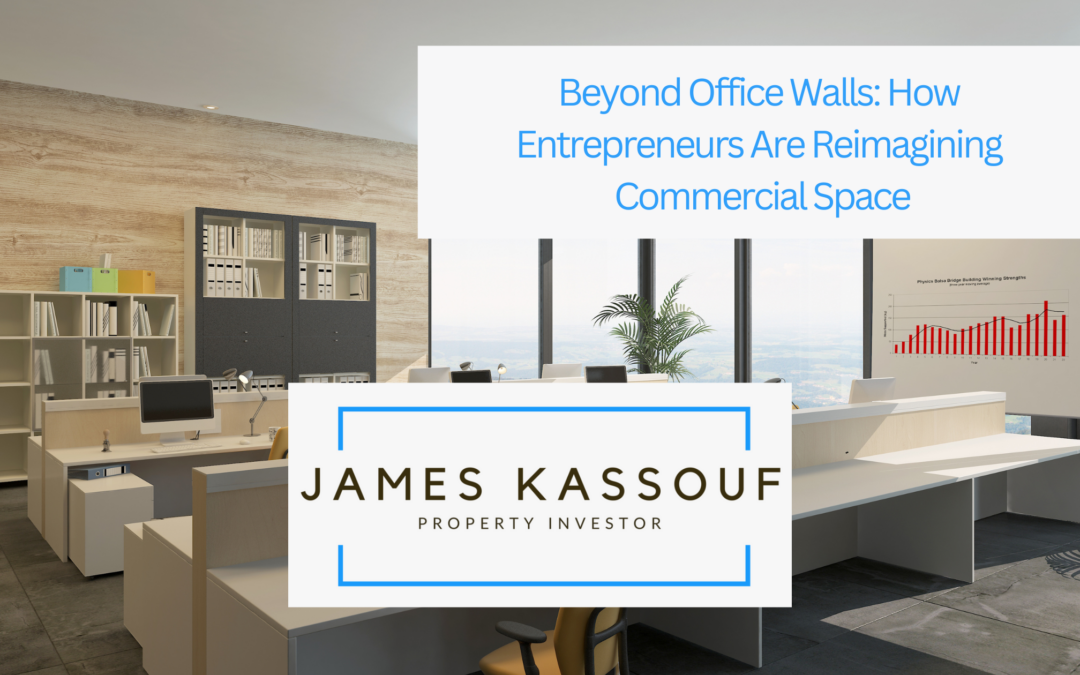Traditional commercial spaces are no longer confined to cubicles and corner offices. Entrepreneurs, driven by innovation and adaptability, are reimagining what commercial real estate can look like—and how it can function. The shift toward flexible, creative, and experience-driven spaces is reshaping the way we work, collaborate, and even interact with our environments.
The rise of remote work and the gig economy has made the conventional office model less relevant for many startups and solo entrepreneurs. Instead, they’re seeking spaces that foster community, creativity, and efficiency. Co-working hubs, incubators, and hybrid studios are now the new norm. These spaces not only reduce overhead costs but also create opportunities for networking, collaboration, and cross-industry partnerships—all under one roof.
Entrepreneurs are also leaning into multi-purpose spaces that adapt to their needs. A coffee shop might double as a client meeting space. A boutique storefront could also host events or art installations. Pop-up concepts—whether in retail, food, or wellness—are thriving in temporary or reconfigurable spaces, giving entrepreneurs the freedom to test ideas without long-term commitment. Flexibility is king.
Moreover, many entrepreneurs are integrating experience into function. A modern commercial space isn’t just about what you do there—it’s about how it makes people feel. Thoughtful design, natural light, shared amenities, and even wellness features (like meditation rooms or standing desks) help create environments that attract both customers and talent. These elements build brand identity and foster loyalty in ways sterile, outdated offices cannot.
Technology plays a vital role in this reimagination. Smart buildings, high-speed connectivity, access control, and mobile-first management platforms empower entrepreneurs to manage space with ease. This digital integration enhances productivity, reduces friction, and makes the environment more responsive to the users’ needs.
Even in sectors like industrial or retail, entrepreneurs are pushing boundaries. Warehouses are turning into maker spaces and content studios. Retail spaces are becoming immersive showrooms rather than simple storefronts. The boundaries between work, play, and brand engagement are increasingly blurred.
Ultimately, the entrepreneurial mindset is transforming commercial real estate from static square footage into dynamic ecosystems. By thinking beyond office walls, today’s business leaders are not just leasing space—they’re designing experiences, building communities, and shaping the future of commerce.
Would you like a checklist of innovative commercial space ideas tailored for startups and small businesses?

